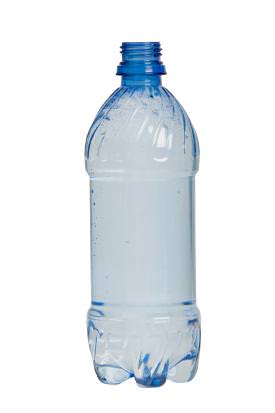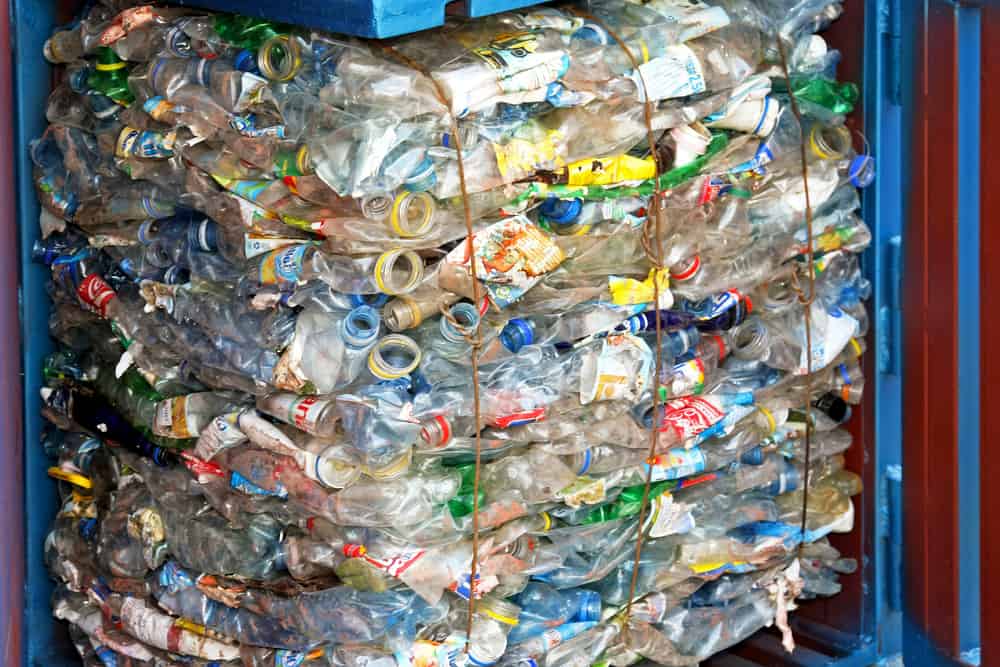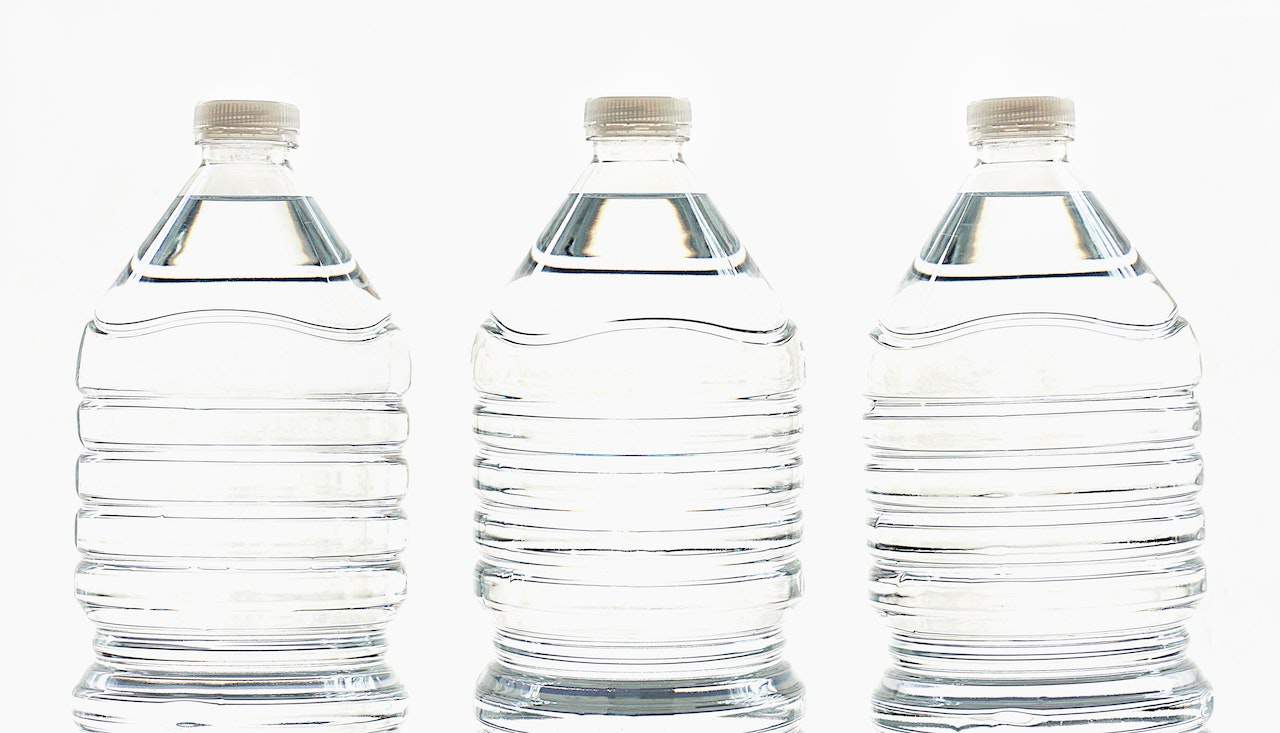what is pet plastic?
PET (PolyEthylene Terephthalate) is represented with the number 1 logo. PET is a thermoplastic polymer resin, and while PET does have “polyethylene” in its name, it’s a different molecular structure than pure polyethylene plastics.
It has a high melting point of 245°c, which leads to it being formed and recycled in alternative ways. PET is produced through the polymerisation of terephthalic acid and ethylene glycol. As a fully recyclable product, our team is here to help you dispose of this waste safely.
Uses of PET Plastic
- Water Bottles
- Fibres for clothing
- Sleeping bags
- Transparent carbonated drinks bottles
- Food packaging, including for sauces and dressings.



